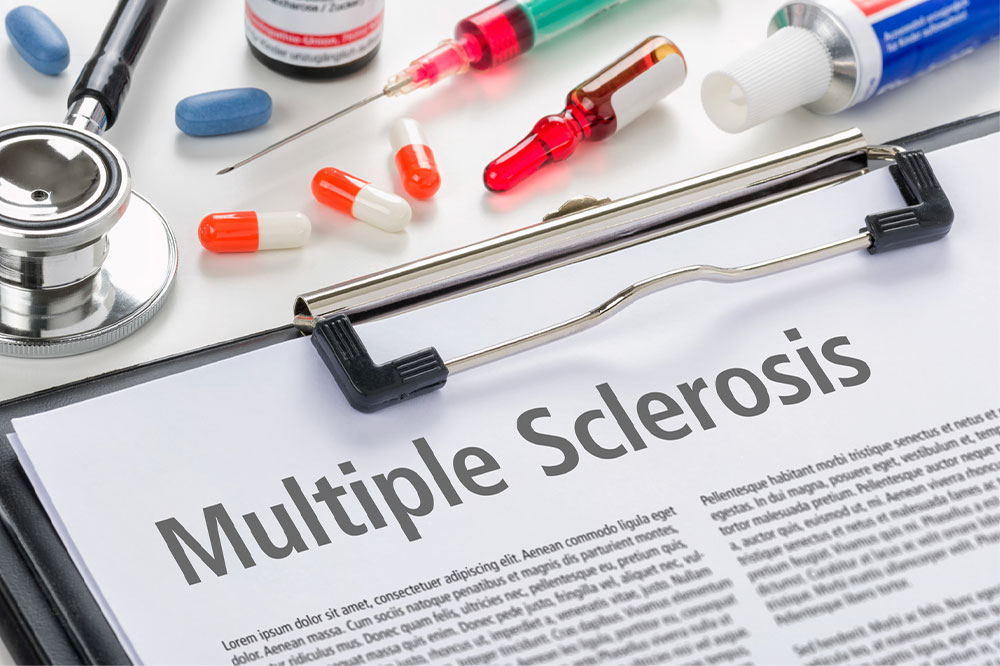8 common signs of Huntington’s disease

Huntington’s disease is a genetic disorder that causes nerve cells or neurons in parts of the brain to break down and die gradually. The condition attacks regions of the brain associated with voluntary movements and cognitive thinking. Here, prescription treatment and other options aim to slow disease progression, but getting an early diagnosis can help one better manage the symptoms. So, here are a few common signs of Huntington’s disease to know:
Mood swings
Changes in behavior, such as mood swings, may develop due to multiple factors, including age, elevated stress, and underlying health conditions. But mood swings can be a common indicator of Huntington’s disease, especially if there seems to be no underlying cause. So, one may experience periods of aggression, excitement, anger, and antisocial behavior. Further, a common mental disorder associated with the condition is depression, brought on by changes in brain function.
Apathy
It is common to dislike participating in certain types of activities. However, those with Huntington’s disease may develop apathy, which can be observed through changes like trouble initiating activities, lack of engagement and concern, and sluggishness, even toward things they once enjoyed. If this happens, one should consult an expert immediately to look for ways to cope with feelings of apathy. A common solution is making changes to daily routines to encourage participation in certain activities.
Difficulty learning new things
Those affected by the condition might have cognitive impairment symptoms such as trouble learning new things. They may also find it difficult to prioritize, organize, and focus on tasks. Symptoms like preservation, i.e., the lack of flexibility or the tendency to get stuck on a thought, action, or behavior, are also common signs of Huntington’s disease. Other signs associated with cognitive decline include taking a longer time to process thoughts and look for certain words and the lack of awareness of one’s own behavior and abilities.
Involuntary movements
Chorea is a neurological condition that causes random, involuntary, and continuous movements while one is awake. The condition is associated with Huntington’s disease due to changes in brain function it causes. Chorea may affect the entire body but is usually observed in the hands, feet, and face. The involuntary movements may subside when one falls asleep. Chorea is a symptom of multiple conditions, so it is important to consult a doctor for a precise Huntington’s diagnosis. Those with a parent dealing with chorea are usually at a greater risk of developing it.
Dystonia or muscle problems
People with Huntington’s disease are more likely to develop a movement disorder called dystonia that may cause muscles to contract involuntarily. As a result, one might experience slow, repetitive, twisting movements along with abnormal postures. These movements may also be painful in some cases. Some other signs of dystonia include a foot cramp or a tendency for one foot to turn or drag, tremors, and rapid, uncontrollable blinking of both eyes.
Gastrointestinal problems
People with this rare disease may develop frequent gastrointestinal problems. They might experience inflammation in the esophagus and stomach as the disease progresses, causing digestive issues. Alternatively, prescription treatment for the condition may cause gastrointestinal issues. Here, a few common gastrointestinal problems are diarrhea, nutrient deficiencies, gastritis, and constipation. One may also experience the loss of bladder control over time.
Difficulty swallowing
Those with Huntington’s disease may also experience trouble swallowing, also called dysphagia. This may make them choke on food and develop lung infections due to food traveling down the wrong way. The signs of this dysphagia may include food backing up (sometimes coming out of the nose) and sensations of something stuck in the throat or chest.
Infections
While Huntington’s disease primarily affects the brain, the mutant protein that triggers the complication is present in each cell of the body. As a result, some may notice a deterioration in their immune health. Those with a weakened immune system are at a greater risk of contracting recurrent infections. Further, dysphagia and choking on food associated with the condition can increase the risk of lung infections. Poor immune health could also lead to blood disorders like anemia or low platelet count.
If one notices one or more common signs of Huntington’s disease, they should consult a doctor and get a timely diagnosis and appropriate treatment.






